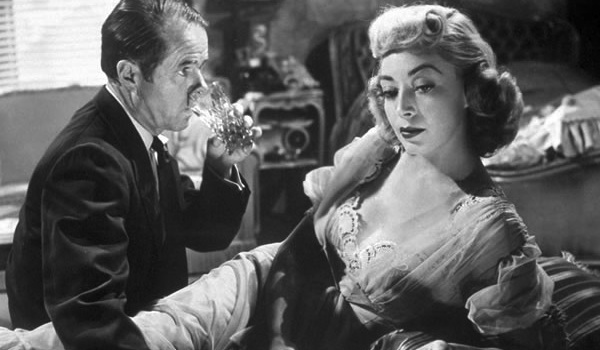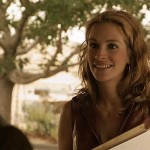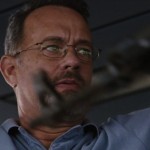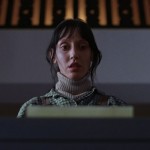The Killing Review
Though his later films would take us to space, the battlefront, the war room, and a very haunted hotel, Stanley Kubrick got his start in the seedy world of film noir. Killer’s Kiss was his first foray into this genre, and though generally unremarkable, it gets by thanks to its director’s ahead-of-its-time vision. The Killing, his follow-up to that film, ups the stakes and the style, and ultimately, feels more satisfying. It’s far from Kubrick’s best film, but as a neat piece of genre filmmaking, you could do a lot worse.
The Killing outlines one of the greatest robbery schemes every concocted. Johnny Clay (Sterling Hayden), a respected criminal just out of the slammer, is the architect. The mark: A race track. The loot: A cool $2 million. The crew: A bartender (Joe Sawyer’s Mike O’Reilly), a corrupt cop (Ted de Corsia’s Randy), the job’s financier (Jay C. Flippen’s Marvin Unger), and one of the track’s cashiers (Elisha Cook Jr.’s George Peatty). It’s Peatty that introduces the first wild card into the plan. His wife, Sherry (Marie Windsor), is two-timing him with a younger man, and she and her boy toy decide to wait until the robbery is complete before ripping off the thieves and absconding away with all the money for themselves.
So Johnny formally begins preparing everyone and everything, including hiring one man to start a fight at the racetrack bar (Kola Kwariani) and another to shoot one of the racing horses (Paths of Glory‘s Timothy Carey). With just 83 minutes to tell its story, The Killing doesn’t waste a single scene. And the film’s anonymous narrator injects an even greater sense of urgency to things. The details he shares seem microscopic, yet he insists on sharing the exact time at which they all happen. Something about the approach is unsettling and adds quite a bit of tension to an otherwise standard noir tale.
Though Kubrick’s approach is novel, and his shot selection is amazing, the rest of the film plays out predictably. Fans of The Asphalt Jungle will recognize its influence on this film (just like Pulp Fiction fans will notice how much The Killing influenced that film). It’s a story from the bad guys’ point of view. By and large, they’re presented as smart, determined men. Some of them seem kind-hearted, others not so much. But none, not even Johnny, is infallible. Fate intervenes in sometimes funny ways, and despite plugging 90% of the plans holes, no one can plan for absolutely every potential pitfall.
The acting is a bit of an afterthought, but every man in the cast performs admirably. The one real noteworthy performance actually comes from Marie Windsor, whose Sherry has to be one of noir’s most despicable femme fatales. She’s pathological and feels no remorse whatsoever about stringing her husband along. The way she ultimately fits into this puzzle is one of the film’s more surprising moments, but up to that point, she’s as close to evil as anyone in this cast full of liars, thieves, and hitmen. Not an easy task, but Windsor is more than up to it.
For most directors, The Killing would be a once-in-a-lifetime film, but not Stanley Kubrick. With some of the finest cinematic achievements ever to his name, this film comes off as a little slight. It’s a very engaging heist tale, just not the genre-defining work some of his other films are. Still, it’s entertaining as hell, and its influence can’t be ignored.
















